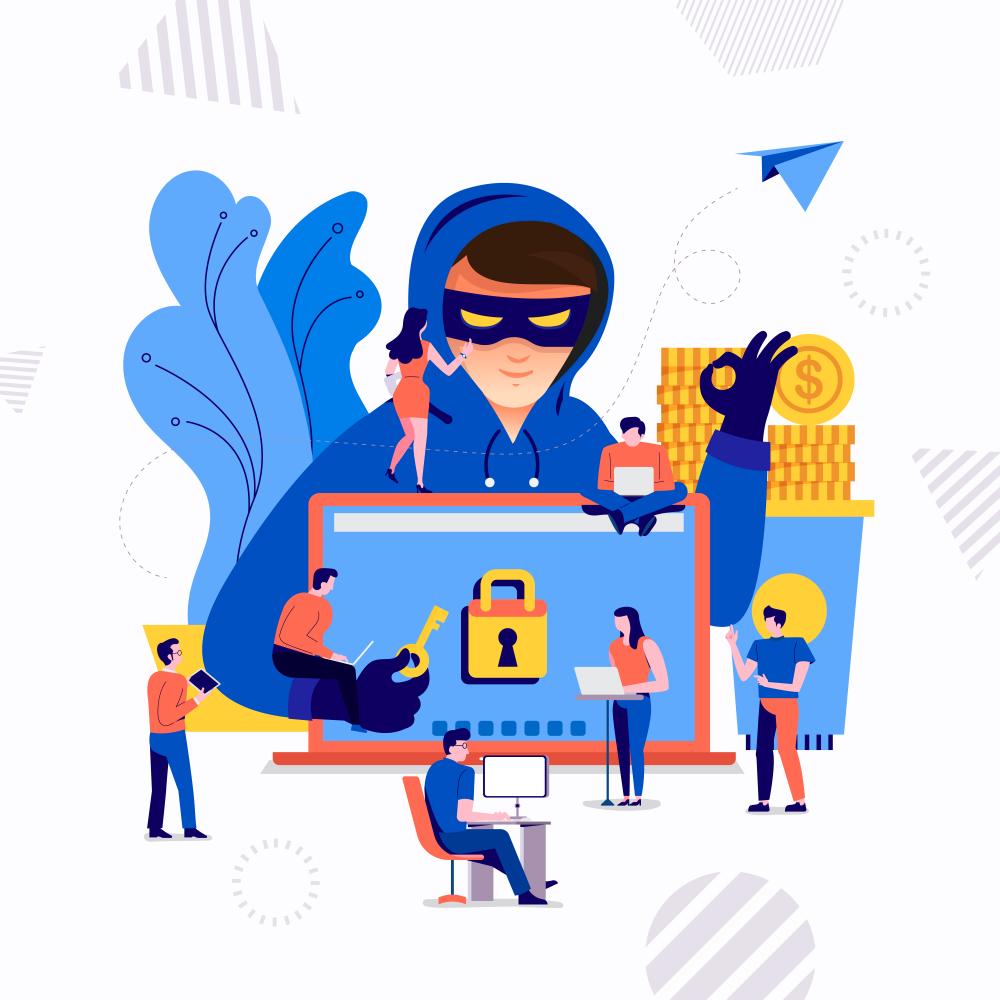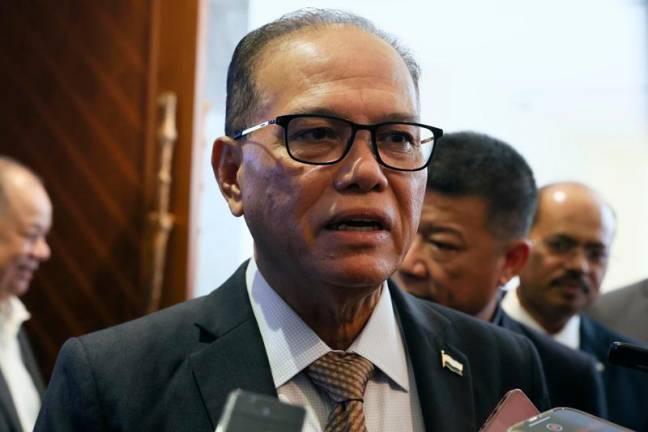The Internet and social media help speed up the process of news and information delivery. It serves as the main medium for Malaysians to keep updated with the current situation and to strengthen relationships among family and friends.
However, these platforms open up a wealth of opportunities for scammers to connect with consumers, creating immeasurable potential harm.
To safeguard the public against online harm, the Malaysian Communications and Multimedia Commission (MCMC), a body under the purview of the Ministry of Communications and Multimedia (K-KOMM), has come up with several guidelines and initiatives to protect individuals from physical, emotional and financial harm as they use web-based products or services.
Protection is also required from activity which is legal but harmful, such as cyberbullying and misinformation.
How to keep yourself safe
Over the years, it is clear that scammers and fraudsters look to target people of all backgrounds, ages and income levels across Malaysia. There is no single group of people who are more likely to become a victim of scam.
Vigilance, self-awareness and knowledge are key to avoiding falling victim to scams that have been set up by malicious individuals. To effectively protect against the increasing threat of falling victim to online fraud, it is essential for consumers understand their methods, and how to address these criminal efforts.
There are several ways that one can take to protect themselves from becoming a victim of scams and fraud:
First, be alert to the fact that scams exist. When dealing with unsolicited communications from people or businesses, whether it’s over the phone, by mail, email, in person or on a social networking site, always consider the possibility that any ‘business proposal’ or a request for a payment or loan could be a scam. Remember, if it looks too good to be true, it probably is.
Next, know who you’re dealing with. If you’ve only ever met someone online or are unsure of the legitimacy of a business, take time to do more research. Do a Google image search on photos or search the internet for others who may have had dealings with them or use the SemakMule Portal to check whether the bank account or phone number used in the communications was recently involved in a crime.

Scammers might even try to trick you by posing as someone you know, or hack into your existing contact list. For example, you might suddenly receive a message or email purporting to be from a friend, but which seems unusual or out of character for them. They might suddenly request money for their ‘business’ which they have never mentioned before, or claim to be in trouble and in need of money.
Should that happen, you should immediately contact your mutual friends or family members to find out the real situation, or even call your friend directly to check that it was really them who sent the message.
Do not open suspicious texts, pop-up windows or click on links or attachments in emails – delete them: If unsure, verify the identity of the contact through an independent source online or via directory search. Don’t use the contact details provided in the message sent to you.
Avoid providing personal information by responding to an unsolicited request. Also, beware of any requests for your details or money. It is important to never send money or give credit card details, online account details or copies of personal documents to anyone you don’t know or trust.
Never agree to transfer money or goods for someone else. Scammers often use unsuspecting victims to help them in their money laundering schemes, which is a criminal offence.
What you can do
Among the suggestions by MCMC:
a. If you are convinced that the contact is legitimate, initiate your own communication with the financial institution’s official contact to find out.
b. Official contact like hotline telephone numbers, emails and direct numbers can be found on your monthly statement you receive from your financial institution. The important thing is that you initiate the communication using verified information, not from the email or phone calls.
c. Never provide your password over unsolicited and unverified communication channels. Your financial institution would never ask you to verify any information online. If your account is subjected to security problem, your financial institution will ask you to come over personally to rectify the problem
d. Always review your account statement regularly to spot any unauthorised activities. Make sure you receive your monthly statement on time and review it to confirm your transactions. The earlier you identify a security breach, the higher are the chances for your financial institution to rectify and identify the breach, thus minimising financial loss.

Sebenarnya.my
Besides safeguarding users from fraudulent activities, the MCMC is also working to clamp down on the spread of fake news, which has the potential to cause distress or create disharmony among citizens.
The MCMC wishes to remind people that it is an offence to create and disseminate fake news, upload or distribute any content that may violate any provisions of the written laws in the country, comment beyond limits and to the extent of causing disharmony and unrest among the people i.e. Malaysians can form and share their opinions or thoughts freely while adhering to the law enacted under Article 10 (1) (a) of the Federal Constitution.
To that end, MCMC has created a platform to improve media literacy among the public i.e. sebenarnya.my
The portal was launched on March 14, 2017 as a one-stop centre for the public to check and report news items which have not been authenticated through the www.sebenarnya.my link, which they received either through social media, short messaging services, blogs or websites to enable it to be verified by official channels or the relevant government agencies involved.
This portal is now one of the reference sources for the public to determine the authenticity of news.
As of December 2021, the portal has received 294 million visits since its launch and on average receives up to 4.8 million “hits” per month, and a total of 324 investigation papers have been opened by the Royal Malaysian Police (PDRM).
Of that number, 50 cases have been prosecuted in court. Enforcement action can be taken under the provisions of Section 233 AKM98 or Section 505 of the Penal Code. An official Sebenarnya.my Telegram channel was also established at the link t.me/sebenarnyamy on March 16, 2020, and has over 26,000 subscribers.
The public may channel information or lodge reports on this matter to the police’s Commercial Crime Investigation Department (CCID) Scam Response Centre at 03-26101559 and 03-26101599, or MCMC through aduan.skmm.gov.my, e-mail aduanskmm@mcmc.gov.my or WhatsApp at 016-220 6262.
Phishing emails can also be reported to MCMC where actions will be taken immediately to remove the phishing site and protect Malaysian Internet users from the attack. Send your report to: nsc@mcmc.gov.my or aduanskmm@cmc.gov.my.










